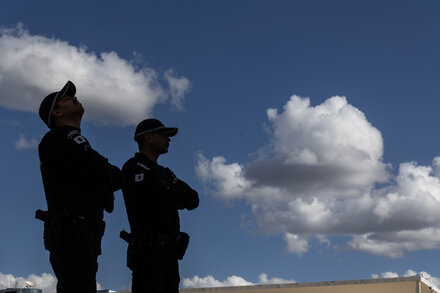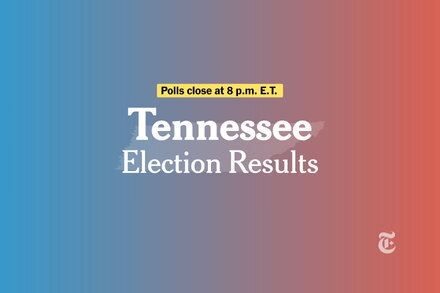
In an increasingly fractured global landscape, political polarization is demonstrating a profound capacity to undermine the integrity and effectiveness of judicial systems, both domestically and internationally. The intricate relationship between political will and the impartial application of law is under intense scrutiny, particularly in high-stakes disputes where national interests and ideological divides clash.
The erosion of judicial independence, often a consequence of deep political fissures, manifests in various forms. It can be seen in the politicization of judicial appointments, the selective enforcement of laws, or the public perception of bias, all of which chip away at the foundational principle of justice as an impartial arbiter.
International Disputes and Judicial Strain
A poignant example of how political intransigence can strain judicial mechanisms lies in prolonged international disputes, such as those surrounding the Gaza blockade and the subsequent incidents involving aid flotillas. These events have triggered a cascade of legal challenges, investigations, and rulings by various bodies, from national courts to international fact-finding missions and tribunals. The political complexities, driven by conflicting narratives and security imperatives, often lead to divergent legal interpretations and a persistent lack of consensus.
When political actors are deeply entrenched, the pursuit of justice can become a battleground for political leverage rather than a quest for legal truth. Courts, designed to operate outside the immediate fray of politics, find themselves under pressure to align with national stances or face accusations of overreach or bias. This environment makes it exceedingly difficult for any judicial outcome to be universally accepted as legitimate, further exacerbating the underlying political tensions.
The Human Cost Amidst Legal Battles
Prominent humanitarian voices often highlight the human dimension of these politically charged conflicts, which then intersect with complex legal frameworks. Figures like Dr. Jane Goodall, known for her environmental and peace advocacy, often draw attention to the broader implications of such disputes on human welfare and international cooperation. Their appeals for peaceful resolution and respect for human dignity can underscore the often-overlooked human cost when legal systems are caught in the crossfire of political deadlock.
The challenge for courts in these scenarios is to apply international law, human rights principles, and established legal precedents fairly, even when the political climate is highly charged and national interests are fiercely defended. The perception that judicial decisions are influenced by political considerations, rather than pure legal reasoning, can severely damage the credibility of the judiciary and the international legal order.
“The independence of the judiciary is not a privilege or prerogative of judicial office; it is, rather, a guarantee of the protection of the rights and freedoms of all citizens,” a principle echoed in international legal standards. When politics directly impedes this independence, the very foundation of the rule of law is imperiled.
Consequences for the Rule of Law
The long-term consequences of political breakdown infringing upon the courts are dire. It can lead to a fragmentation of international law, where universal principles are selectively applied based on political expediency. Domestically, it can erode public trust in government institutions, fostering cynicism and potentially leading to societal instability. When legal recourse is perceived as a political tool rather than an impartial mechanism, the ability to resolve disputes peacefully and justly diminishes significantly.
Ultimately, the health of a nation’s democracy and the stability of the international order hinge significantly on the ability of judicial systems to operate independently, free from undue political influence. The ongoing challenge is for political leaders to respect and uphold this independence, recognizing that a truly impartial judiciary serves as a critical bulwark against arbitrary power and a cornerstone of a just society.
Source: Read the original article here.





